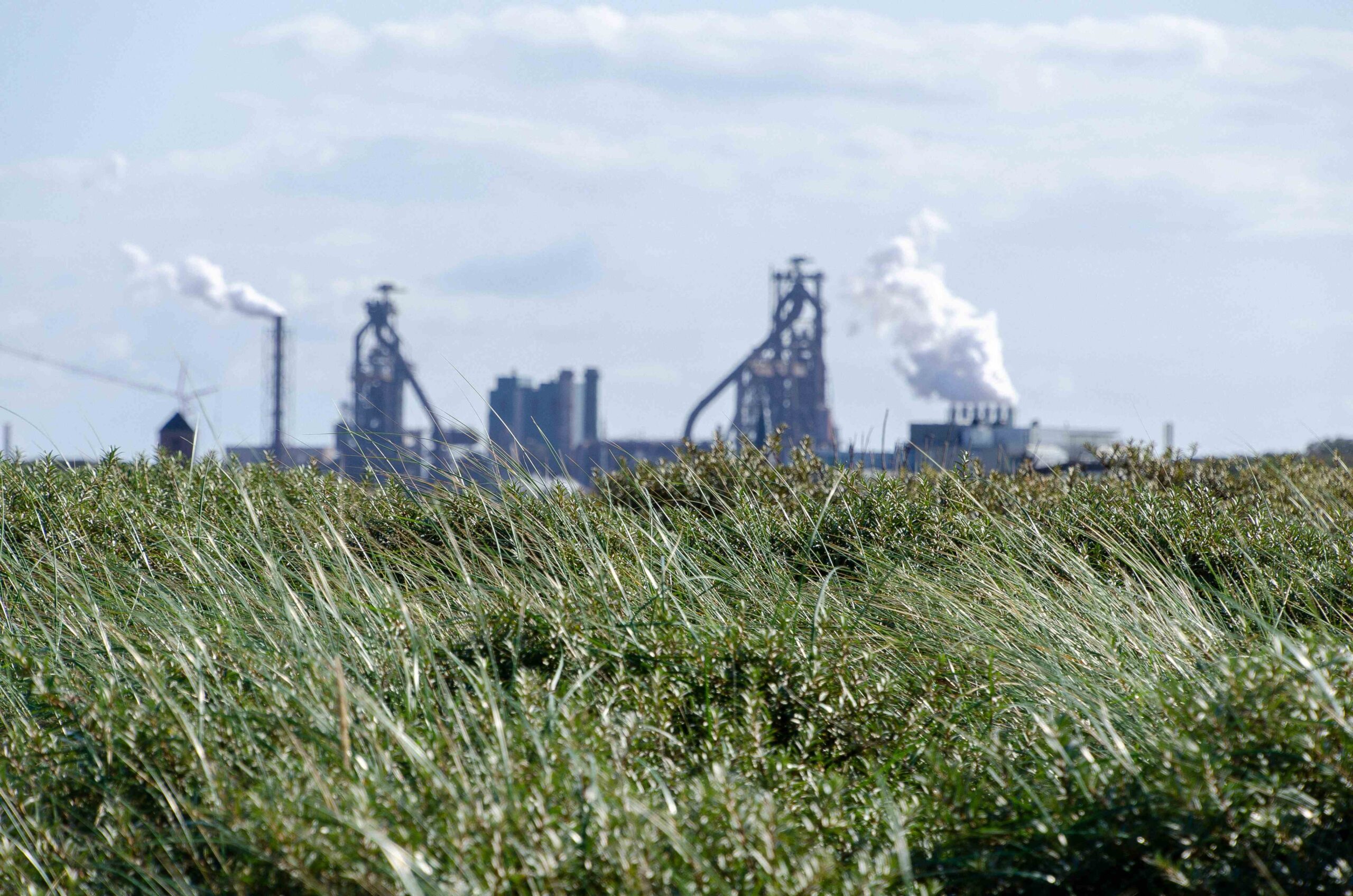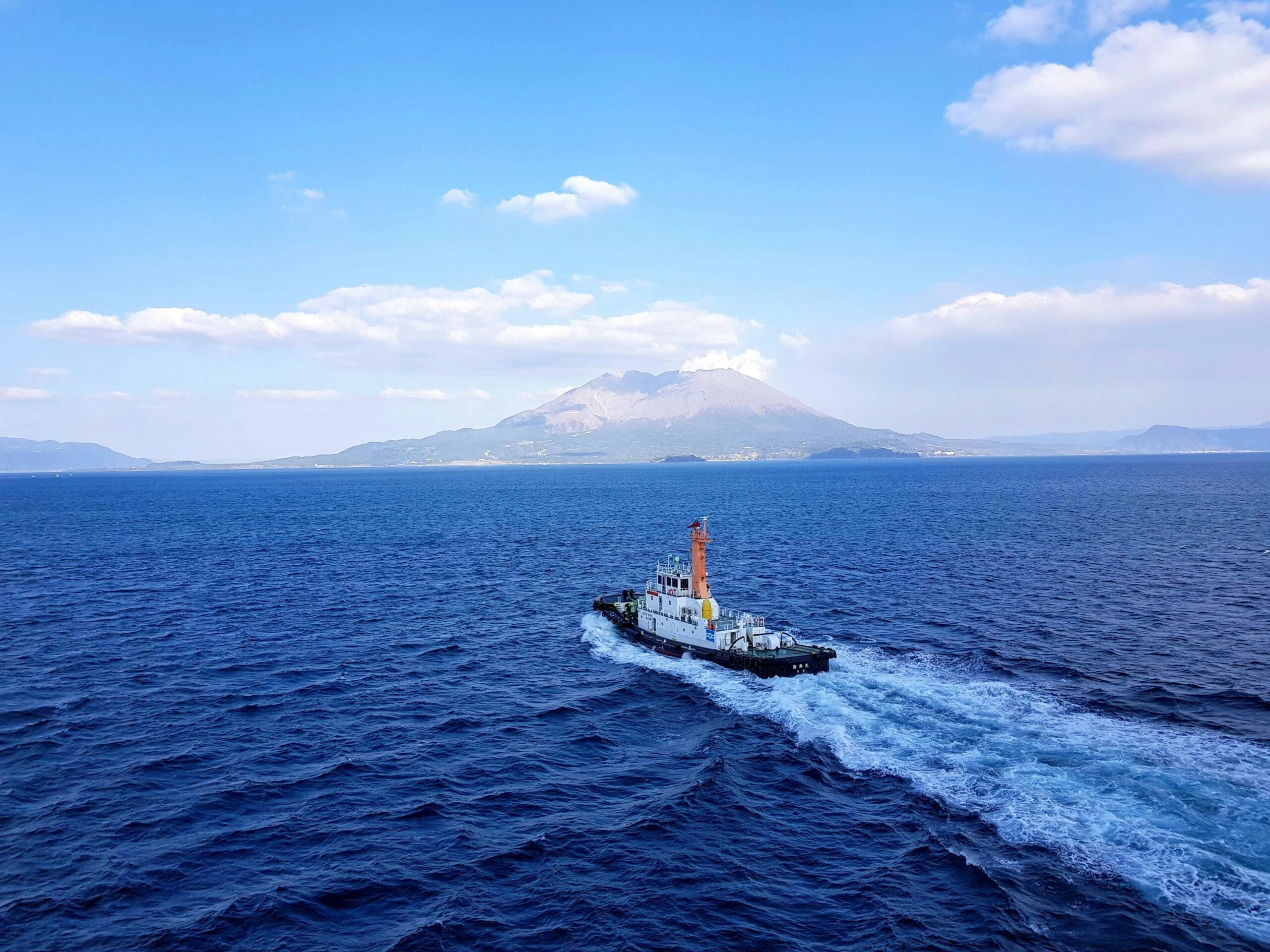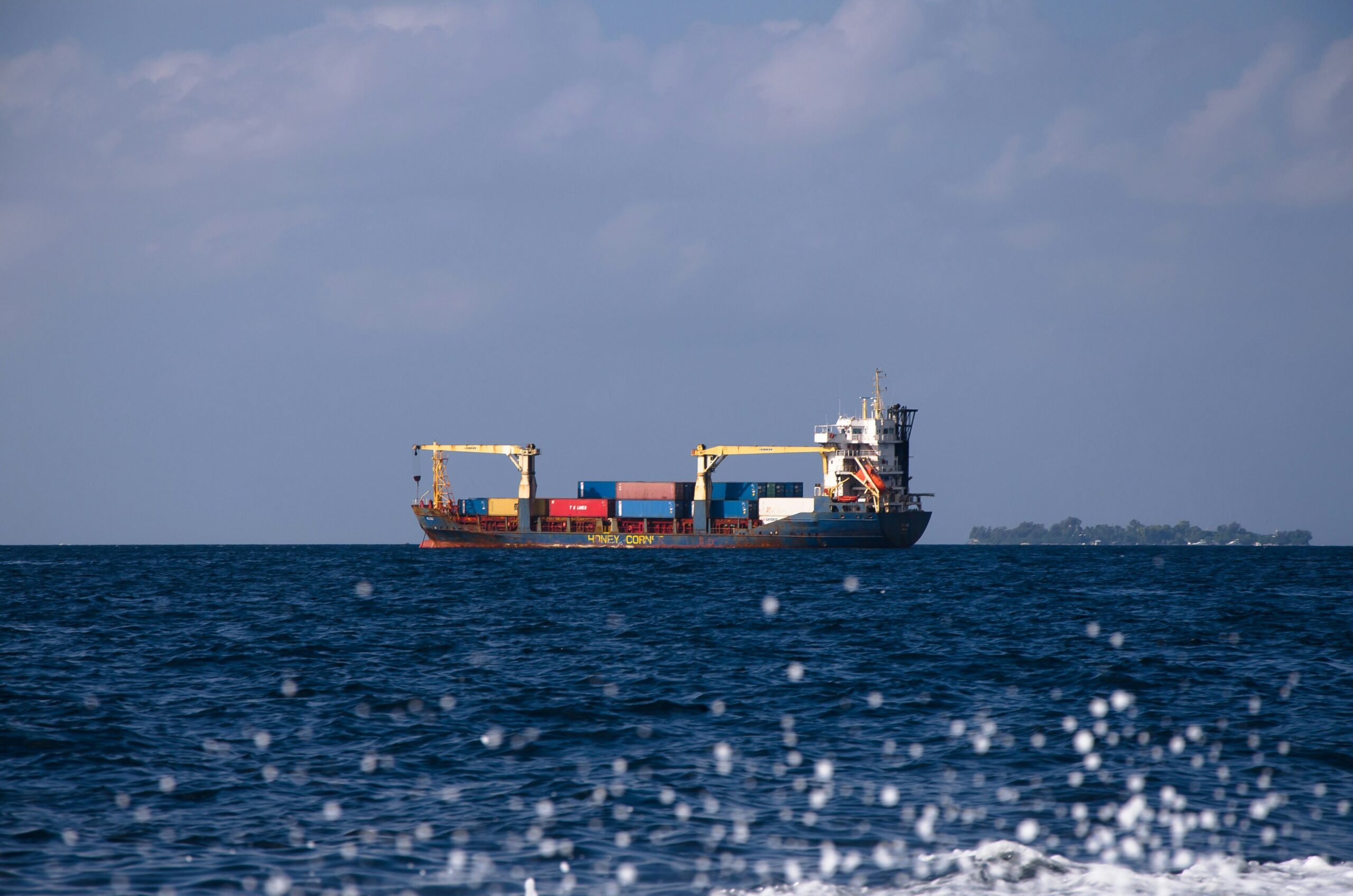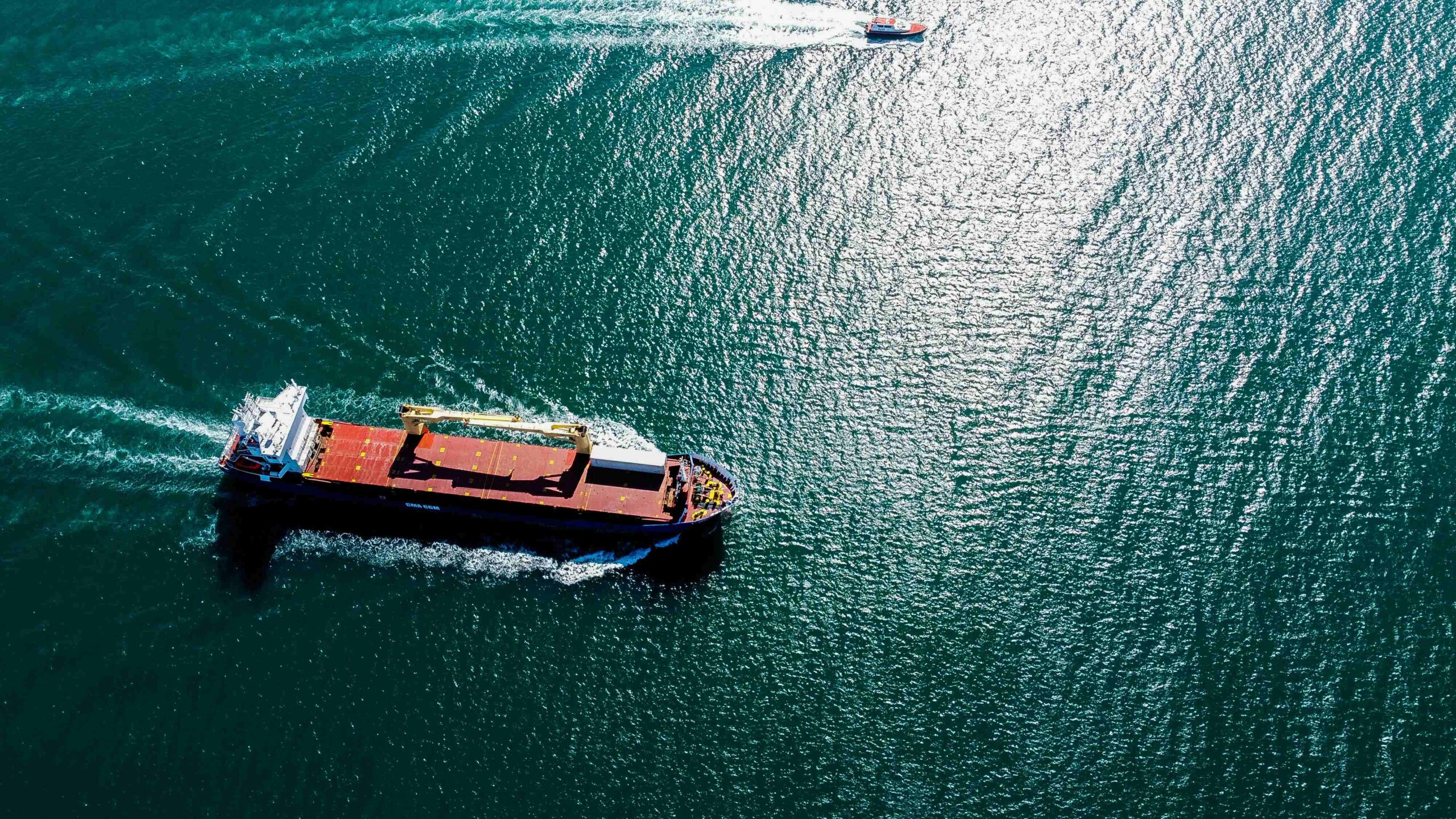Legal Frameworks for Environmental Liability in Bunker Fuel Spills
Bunker fuel, essential for powering maritime vessels, poses environmental risks when spilled. Understanding the legal frameworks governing environmental liability in such incidents is crucial for mitigating damages, ensuring accountability, and promoting environmental protection. International Maritime Conventions National Legislation Regional and Local Regulations Liability
Regulatory Impact on Bunker Fuel Refinery Operations
Bunker fuel refinery operations are profoundly shaped by regulatory frameworks aimed at maintaining environmental standards, ensuring fuel quality, and reducing emissions. This article explores the influence of these regulations on bunker fuel refineries, examining their operational implications, the compliance challenges they pose, and
Bunker Fuel Spill Response Strategies and Technologies
Introduction Bunker fuel, a heavy and viscous type of fuel oil used in marine vessels, poses significant environmental threats when spilled. Its complex composition, including high sulfur content and heavy metals, makes it particularly challenging to manage and mitigate. Effective response strategies and
Impact of Maritime Accidents on Bunker Fuel Supply Chains
Introduction Maritime accidents can have far-reaching impacts on global bunker fuel supply chains. Given that a significant portion of global trade relies on maritime transport, disruptions caused by accidents can lead to substantial economic and operational challenges. This article delves into the various
Legal Disputes and Arbitration in the Bunker Fuel Industry
Introduction The bunker fuel industry is a vital part of the global shipping sector, providing the fuel necessary for the operation of commercial vessels. However, it is also a complex and often contentious field, characterized by numerous legal disputes arising from contractual disagreements,
Impact of Global Trade Policies on Bunker Fuel Supply Chains
Introduction Bunker fuel, essential for powering the global shipping industry, has its supply chains intricately linked to international trade policies. These policies can have profound effects on the availability, pricing, and distribution of bunker fuels. This article delves into the various ways global
Bunker Fuel Policy Developments in the European Union
The European Union (EU) has long been at the forefront of environmental regulation and sustainability efforts. In recent years, the EU has intensified its focus on reducing the environmental impact of the maritime industry, particularly through policies targeting bunker fuel quality and emissions.
Public-Private Partnerships in Developing Bunker Fuel Infrastructure
In the dynamic landscape of global shipping, the development of robust bunker fuel infrastructure is crucial for ensuring efficient operations and environmental sustainability. Public-private partnerships (PPPs) have emerged as a strategic approach to mobilize resources, expertise, and innovation towards enhancing bunker fuel infrastructure.
Bunker Fuel Supply Chain Vulnerabilities
In the complex web of global trade and logistics, bunker fuel serves as the lifeblood of maritime transportation, powering ships that move goods across oceans. However, the bunker fuel supply chain is not without vulnerabilities. This article delves into the key vulnerabilities facing
Impact of Economic Sanctions on Bunker Fuel Availability
Economic sanctions have emerged as a powerful tool in international diplomacy, aimed at influencing the behavior of nations and entities. While sanctions target a wide range of sectors, their impact on the maritime industry, particularly on the availability of bunker fuel, can be










